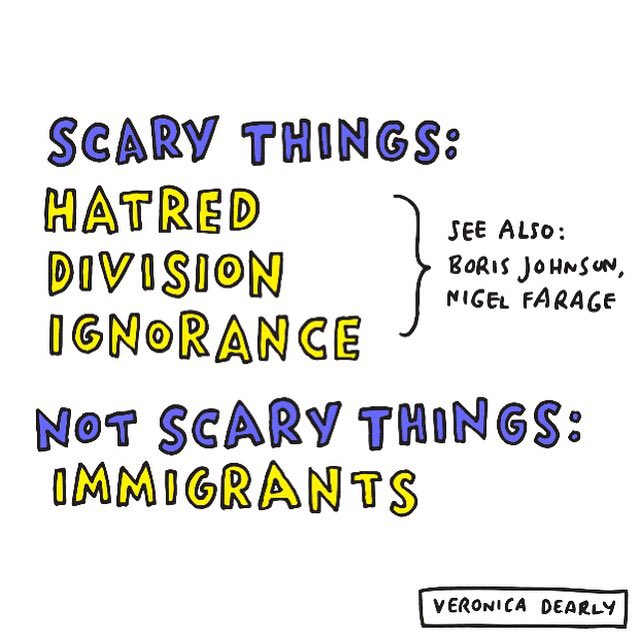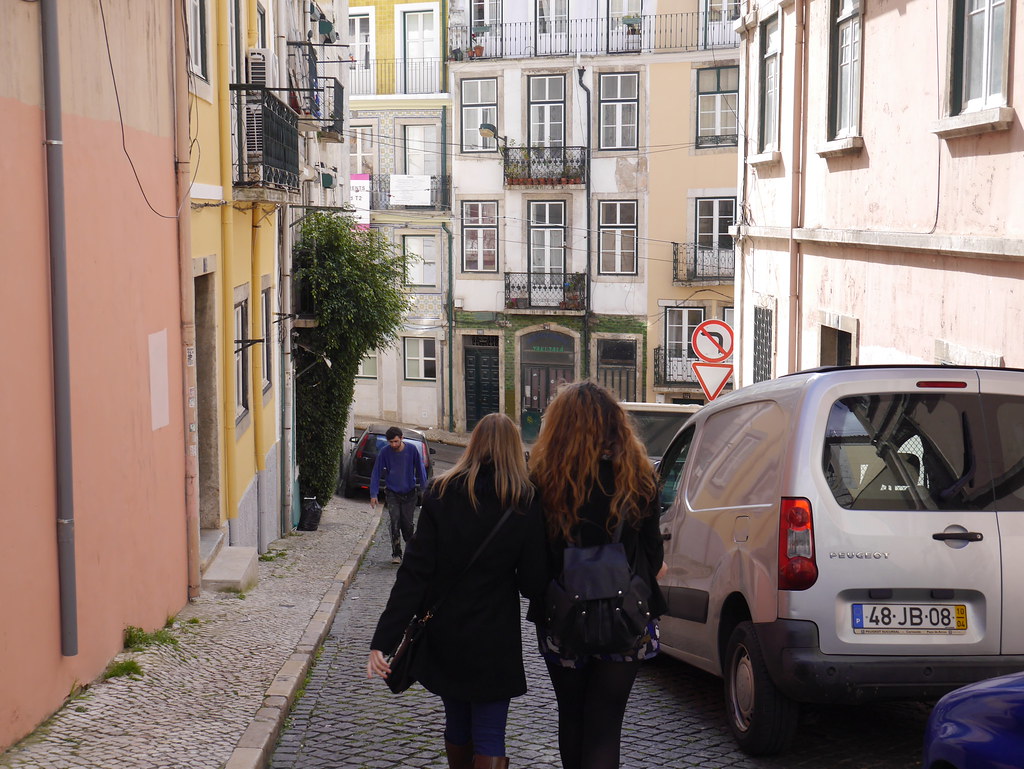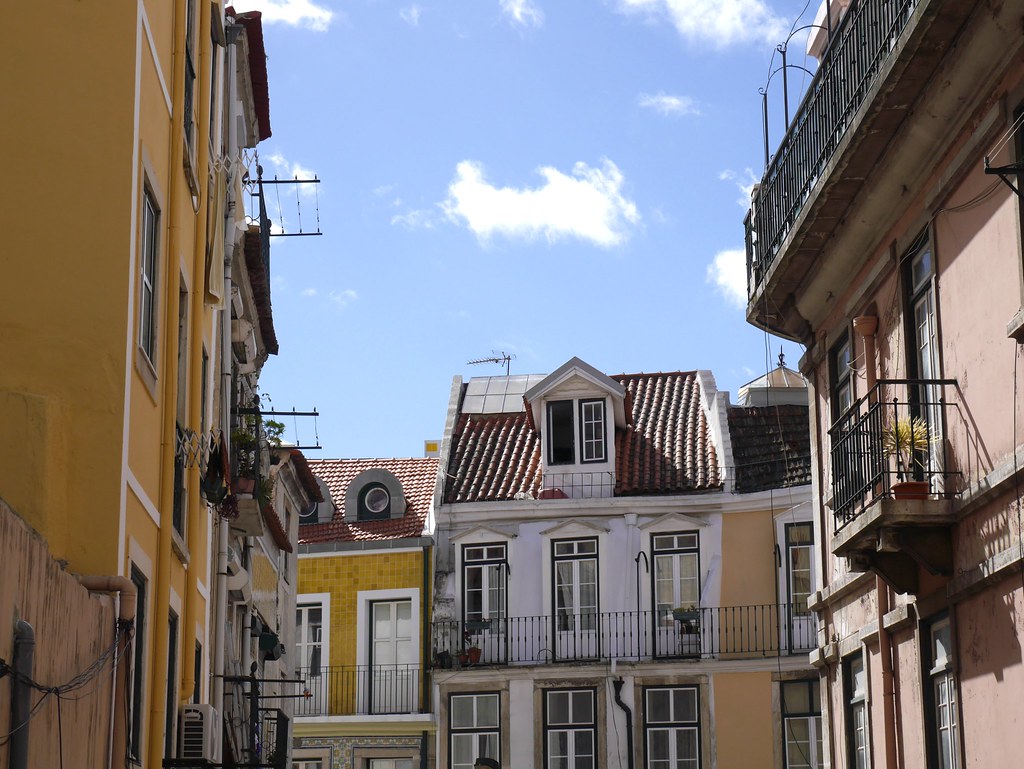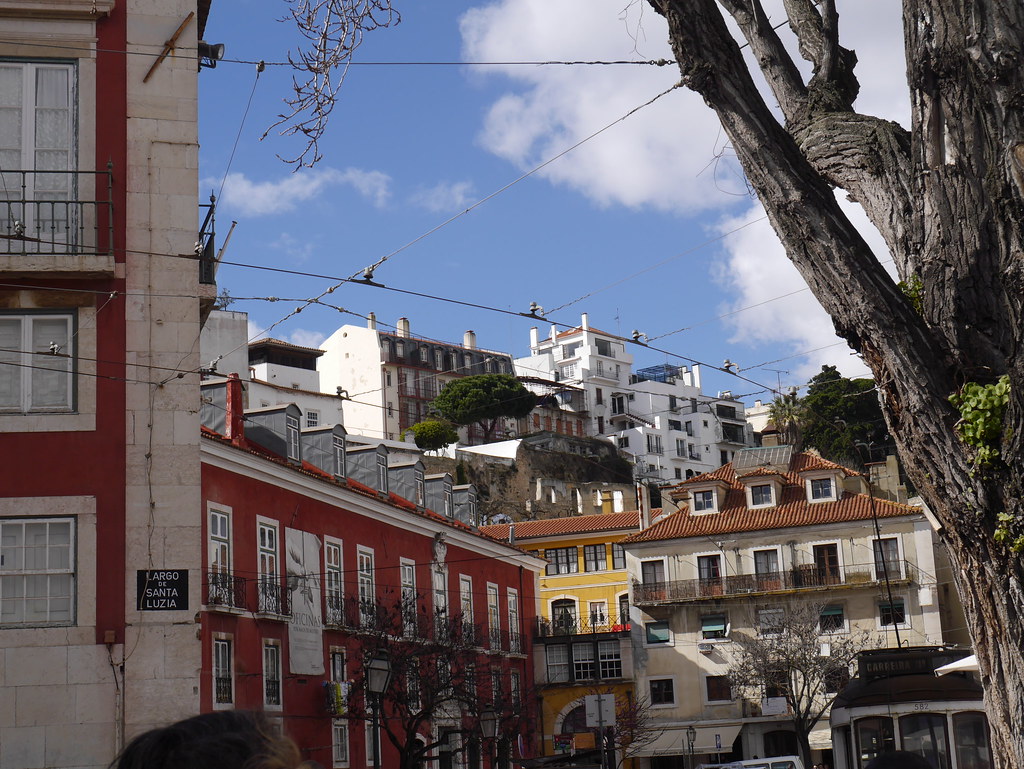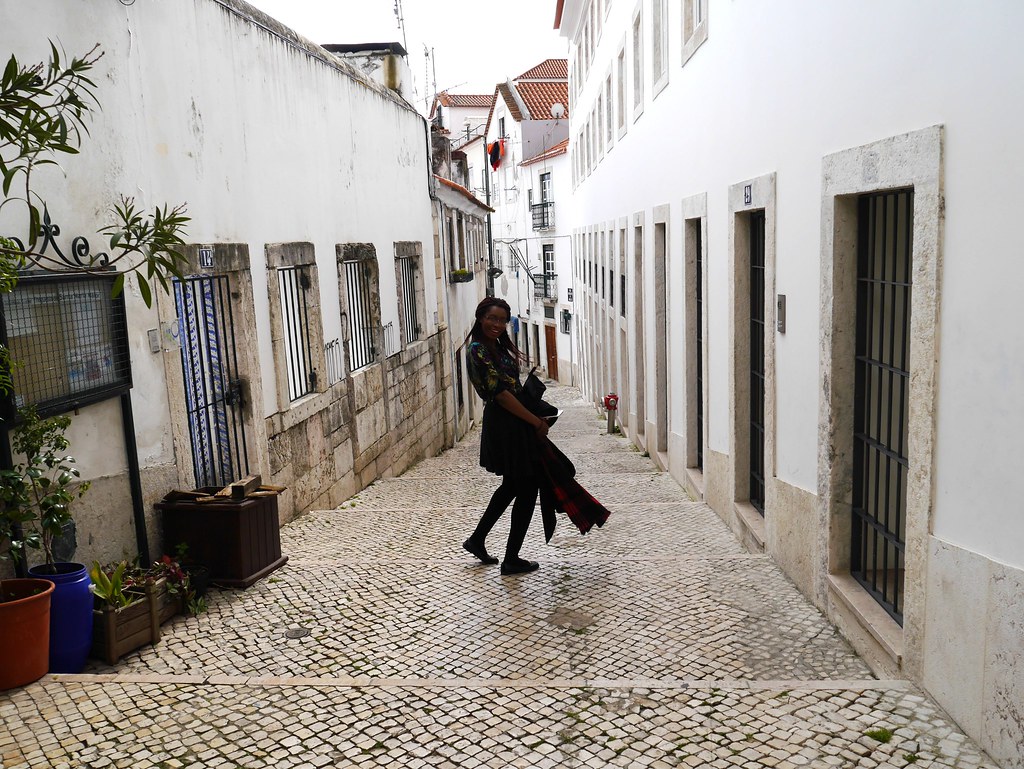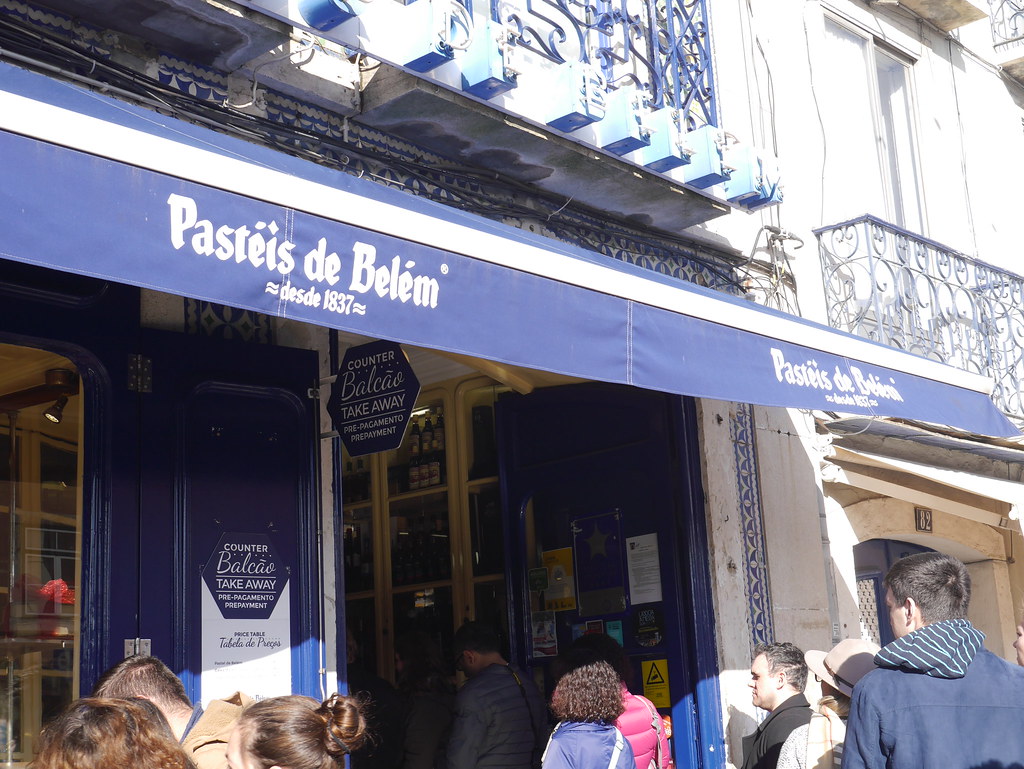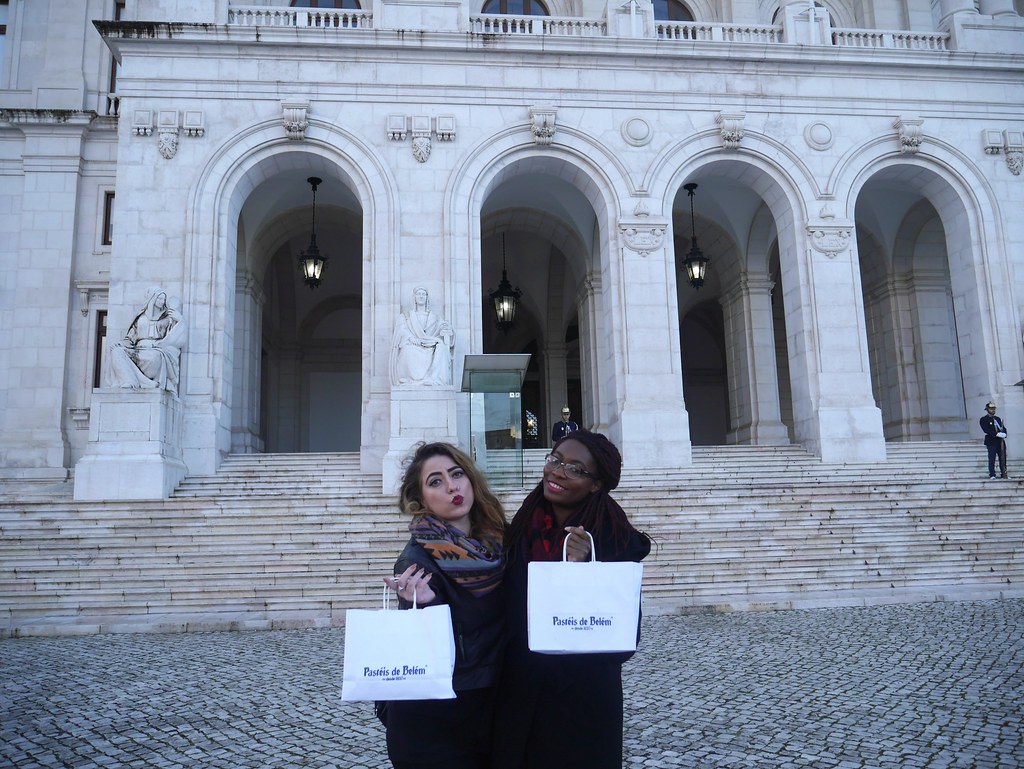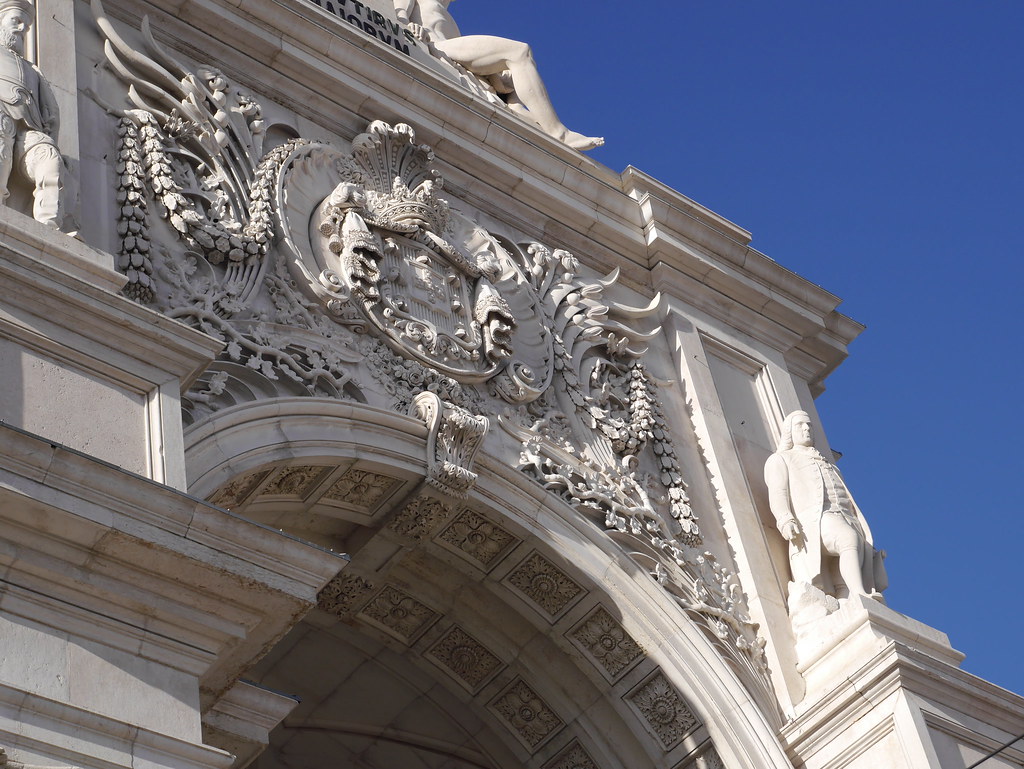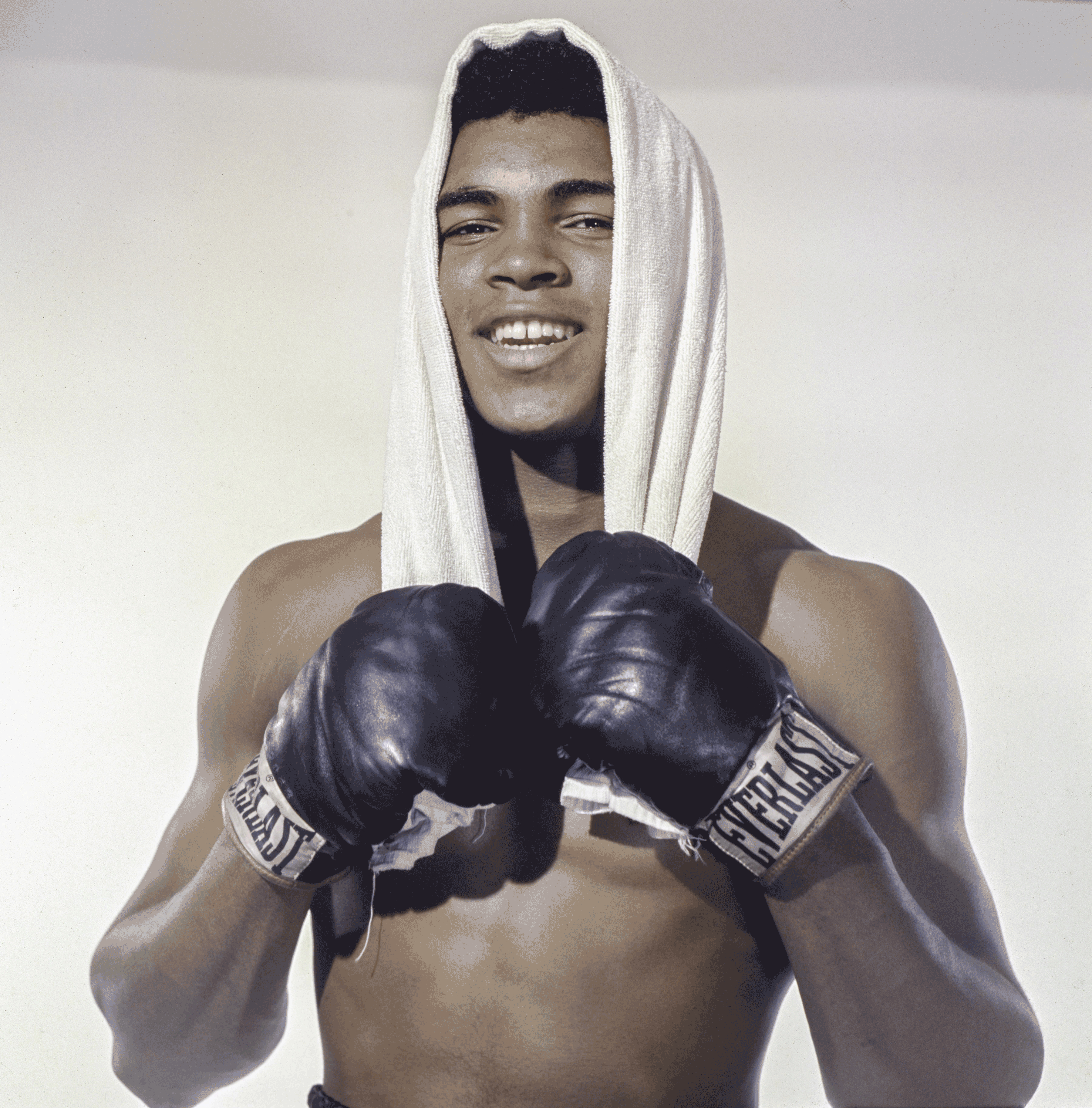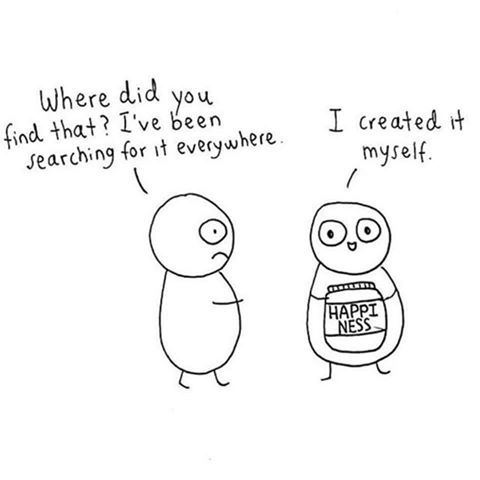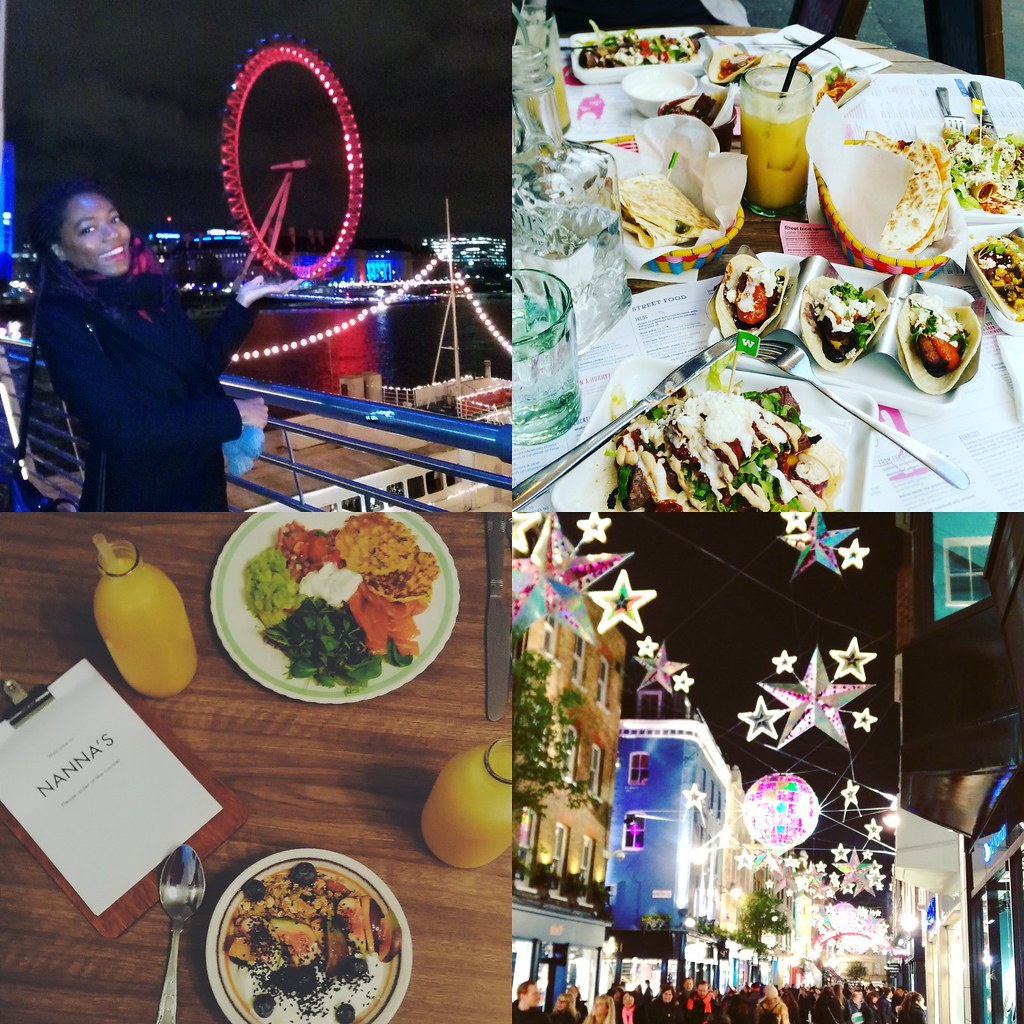I can only confidently talk about what I know to be true and what I know is that when I was much younger, if a person of colour ever appeared on a TV show, it would be a bit of a big deal in my household.
'Oh look there's a black person on the TV... Do you recognize them? I've never seen them before... I wonder what else they've been in...What show is this, maybe they'll be on again next week?'
Representation, or in this case, lack of representation, was a big problem that my younger self never questioned but simply accepted. Living in the UK, I accepted the fact that if I wanted to see people like myself on TV I had to watch ‘black entertainment’ shows (shows specifically targeted towards a black audience which further divides, rather than integrates) like My Wife and Kids, Sister Sister or The Fresh Prince of Bel-Air (que the beginning of my never ending love for Will Smith...) Or the fact that Sir Trevor McDonald and Moira Stewart were the only successful news anchors on TV who gave me a slither of hope that I could one day do the same. And despite being a lover of books and a magazine junkie at such a young age, the literature I was reading in school never once described a main character as having 'dark skin and tightly coiled afro hair' while I failed to see mainstream magazines suggest products for darker skin tones so that I too could rock 'this summers hottest make-up look.' It took me a long time to question the norm and also accept the fact that mainstream media had no interest in representing me. When mainstream media finally did attempt to represent me and others like myself, it did so in such a grotesque way. It chose to use caricatures that depicted my entire race as either ‘the sassy black friend’ or ‘the ghetto chick from the hood’ as the perfect accessories to a main character who never had their own story line. I am neither sassy, ghetto, nor from ‘the hood’ and it goes without saying that being black is not synonymous with being ‘urban’ ‘exotic’ or ‘sassy and loud.’ If a film or show requires a sassy best friend or a thug from the hood, why must they be black? If a film or show requires a nerdy friend or a maid, why must they be Asian? And if a film or show requires a drug lord or leader of a criminal gang, why must they be Mexican? Why does Hollywood fail to see actors from minority backgrounds as anything but an opportunity to further perpetuate and enforce stereotypes? Not only do we need more representation, we also need to better quality representation. Watch this, this and this to understand further.
But that was ages ago, we've moved past this now!
This is 2016 and we're past the obvious typecasting now right? TV, film, news shows and literature is learning to be more inclusive and diverse right? More and more women of colour are taking leading roles in Hollywood now and getting involved in behind the camera too, right? The media is not just learning to include people of colour but people from all sorts of minority and underrepresented backgrounds right?? I think it very much feels like this is the case. Shows like Suits, Scandal, How to Get Away with murder and new shows like Jane the Virgin give some sort of hope that directors and producers are willing to cast actors of colour in leading roles, with no other agenda. My favourite is Gina Torres (who plays Jessica Pearson) in the TV show Suits as she doesn't play an assistant but is managing director of the law firm that the show is based around. That’s a pretty big deal!! Or how about the fact that Olivia Pope is the main character in a TV show who is played by Kerry Washington, a woman of colour. Scandal isn't a show in the sub-category of ‘black entertainment’, Kerry Washington isn't supported by an all-black cast and Olivia Pope is very much a three dimensional character. I think Viola Davis hit the nail on the head in her SAG award acceptance speech when she thanked the producers of her show for ‘thinking that a sexualised, messy, mysterious woman could be a 49-year-old, dark-skinned, African-American woman...' because when it comes to casting such roles, women of colour are often ‘not what we had in mind.’ Race is a funny thing because it shouldn't matter but, at the same time, it’s of great importance.
Some of Hollywood's best actors and actresses are people of colour and come from a plethora of backgrounds but are they still seen as less marketable in a world that is increasingly becoming more and more diverse and multi-cultural? If we go even further and analyse the Oscars, the biggest awards ceremony in the Film industry, it’s even more depressing. Since the Oscars began in 1929, only five black people have won in the Best Actor and Best Actress category - four black males and one black female - while in the director category, there have been no wins for a black director.
Well it’s not like this is deliberate… any excuse to accuse people of being racist!!
It's easy to state that these examples (and many others) are not deliberate exclusions of people of colour from the media industry. Let's take that viewpoint for a second - that lack of diversity is not a deliberate decision but simply an oversight. This means that the producers, directors, editors, writers etc fail to be aware of the diverse nature of their audience. If your magazine, book or TV show is aimed to appeal to the general public, then a part of that means being aware that you are trying to appeal to a global, diverse, multi-racial audience. It’s surely impossible to ‘forget’ that kind of thing, thus, oversight is not a justifiable explanation. In response to those who bring up the argument 'so if a company does not hire a person of colour, that means they are racist?' No. But if they fail to interview or give the job to a person of colour, despite them being perfect for the role, and give it to someone less qualified, then yes. In the same way that you wouldn't give someone a job or a role simply because they are a person of colour and therefore fulfill your diversity quota, you wouldn't decline someone of a job they are perfectly qualified and experienced to do because of their skin colour. That seems pretty obvious but it's surprising how many companies fail on both sides. It's not necessarily about running out and hiring every black actor or model or news reader because you want to seem diverse. It’s about acknowledging the fact that the media is supposed to be reflective of the society it is aimed towards. It’s important that films, publications and TV are not constantly regurgitating the same stories from limited perspectives and fail to explore the great opportunities to truly represent our world. It's a balance that the media seems to still struggle to get just right.
So what, get over it, it’s just TV, jeeeeeeeez
I think we can all agree that the media is the biggest entity in the world. It provides news, information, entertainment and a way to connect. It also controls our perceptions of reality, life, the society we live in and who we are as people. So when I, as a woman of colour, fail to see myself properly represented in the media, it makes me feel invisible. When I, as a woman of colour, am placed in a 'sub-category' or stereotyped, I realise that I am part of a world that fails to truly acknowledge my existence, despite very much being a functioning member of society.
Film, literature and TV form narratives that create who we are as people and further enforce our relations with one another. So it is important that we can watch a show and see a person of colour playing a complex character and not be surprised by it because that is what happens in real life! It is important that actors of colour are recognized for their talents and that the news is presented from different perspectives. Stereotypes need not be the norm and should not dictate how we view the world and people around us.
'Oh look there's a black person on the TV... Do you recognize them? I've never seen them before... I wonder what else they've been in...What show is this, maybe they'll be on again next week?'
Representation, or in this case, lack of representation, was a big problem that my younger self never questioned but simply accepted. Living in the UK, I accepted the fact that if I wanted to see people like myself on TV I had to watch ‘black entertainment’ shows (shows specifically targeted towards a black audience which further divides, rather than integrates) like My Wife and Kids, Sister Sister or The Fresh Prince of Bel-Air (que the beginning of my never ending love for Will Smith...) Or the fact that Sir Trevor McDonald and Moira Stewart were the only successful news anchors on TV who gave me a slither of hope that I could one day do the same. And despite being a lover of books and a magazine junkie at such a young age, the literature I was reading in school never once described a main character as having 'dark skin and tightly coiled afro hair' while I failed to see mainstream magazines suggest products for darker skin tones so that I too could rock 'this summers hottest make-up look.' It took me a long time to question the norm and also accept the fact that mainstream media had no interest in representing me. When mainstream media finally did attempt to represent me and others like myself, it did so in such a grotesque way. It chose to use caricatures that depicted my entire race as either ‘the sassy black friend’ or ‘the ghetto chick from the hood’ as the perfect accessories to a main character who never had their own story line. I am neither sassy, ghetto, nor from ‘the hood’ and it goes without saying that being black is not synonymous with being ‘urban’ ‘exotic’ or ‘sassy and loud.’ If a film or show requires a sassy best friend or a thug from the hood, why must they be black? If a film or show requires a nerdy friend or a maid, why must they be Asian? And if a film or show requires a drug lord or leader of a criminal gang, why must they be Mexican? Why does Hollywood fail to see actors from minority backgrounds as anything but an opportunity to further perpetuate and enforce stereotypes? Not only do we need more representation, we also need to better quality representation. Watch this, this and this to understand further.
But that was ages ago, we've moved past this now!
This is 2016 and we're past the obvious typecasting now right? TV, film, news shows and literature is learning to be more inclusive and diverse right? More and more women of colour are taking leading roles in Hollywood now and getting involved in behind the camera too, right? The media is not just learning to include people of colour but people from all sorts of minority and underrepresented backgrounds right?? I think it very much feels like this is the case. Shows like Suits, Scandal, How to Get Away with murder and new shows like Jane the Virgin give some sort of hope that directors and producers are willing to cast actors of colour in leading roles, with no other agenda. My favourite is Gina Torres (who plays Jessica Pearson) in the TV show Suits as she doesn't play an assistant but is managing director of the law firm that the show is based around. That’s a pretty big deal!! Or how about the fact that Olivia Pope is the main character in a TV show who is played by Kerry Washington, a woman of colour. Scandal isn't a show in the sub-category of ‘black entertainment’, Kerry Washington isn't supported by an all-black cast and Olivia Pope is very much a three dimensional character. I think Viola Davis hit the nail on the head in her SAG award acceptance speech when she thanked the producers of her show for ‘thinking that a sexualised, messy, mysterious woman could be a 49-year-old, dark-skinned, African-American woman...' because when it comes to casting such roles, women of colour are often ‘not what we had in mind.’ Race is a funny thing because it shouldn't matter but, at the same time, it’s of great importance.
Some of Hollywood's best actors and actresses are people of colour and come from a plethora of backgrounds but are they still seen as less marketable in a world that is increasingly becoming more and more diverse and multi-cultural? If we go even further and analyse the Oscars, the biggest awards ceremony in the Film industry, it’s even more depressing. Since the Oscars began in 1929, only five black people have won in the Best Actor and Best Actress category - four black males and one black female - while in the director category, there have been no wins for a black director.
Well it’s not like this is deliberate… any excuse to accuse people of being racist!!
It's easy to state that these examples (and many others) are not deliberate exclusions of people of colour from the media industry. Let's take that viewpoint for a second - that lack of diversity is not a deliberate decision but simply an oversight. This means that the producers, directors, editors, writers etc fail to be aware of the diverse nature of their audience. If your magazine, book or TV show is aimed to appeal to the general public, then a part of that means being aware that you are trying to appeal to a global, diverse, multi-racial audience. It’s surely impossible to ‘forget’ that kind of thing, thus, oversight is not a justifiable explanation. In response to those who bring up the argument 'so if a company does not hire a person of colour, that means they are racist?' No. But if they fail to interview or give the job to a person of colour, despite them being perfect for the role, and give it to someone less qualified, then yes. In the same way that you wouldn't give someone a job or a role simply because they are a person of colour and therefore fulfill your diversity quota, you wouldn't decline someone of a job they are perfectly qualified and experienced to do because of their skin colour. That seems pretty obvious but it's surprising how many companies fail on both sides. It's not necessarily about running out and hiring every black actor or model or news reader because you want to seem diverse. It’s about acknowledging the fact that the media is supposed to be reflective of the society it is aimed towards. It’s important that films, publications and TV are not constantly regurgitating the same stories from limited perspectives and fail to explore the great opportunities to truly represent our world. It's a balance that the media seems to still struggle to get just right.
So what, get over it, it’s just TV, jeeeeeeeez
I think we can all agree that the media is the biggest entity in the world. It provides news, information, entertainment and a way to connect. It also controls our perceptions of reality, life, the society we live in and who we are as people. So when I, as a woman of colour, fail to see myself properly represented in the media, it makes me feel invisible. When I, as a woman of colour, am placed in a 'sub-category' or stereotyped, I realise that I am part of a world that fails to truly acknowledge my existence, despite very much being a functioning member of society.
Film, literature and TV form narratives that create who we are as people and further enforce our relations with one another. So it is important that we can watch a show and see a person of colour playing a complex character and not be surprised by it because that is what happens in real life! It is important that actors of colour are recognized for their talents and that the news is presented from different perspectives. Stereotypes need not be the norm and should not dictate how we view the world and people around us.
Over the next couple of weeks I will be talking about identity, specifically as a Black-British female. Let's carry on this conversation - tell your own stories and add to the dialogue, either online or offline. Let’s talk about our experiences with media representation. Have you ever thought about media diversity and how it has affected you? If yes, then why? If not, then why not? Can you confidently say that you feel fairly represented? That you’re represented all the time, not just every now and then because it seems to be a trend?
Leave your comments below, share your responses, tweet me your thoughts, share this post around and let’s keep the conversation going.
*A big thank you to Bolu for reassuring me that this is worthy to post. Follow her on twitter for never-ending lols*
*A big thank you to Bolu for reassuring me that this is worthy to post. Follow her on twitter for never-ending lols*









